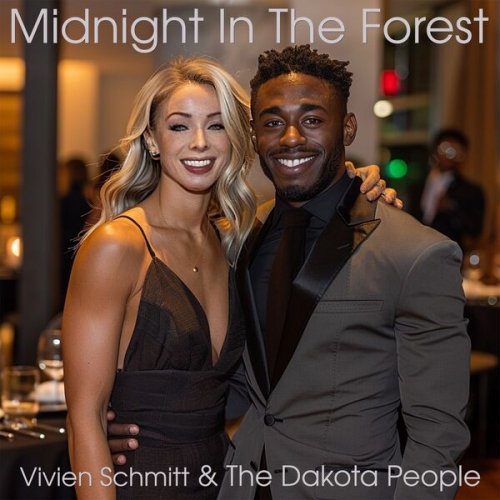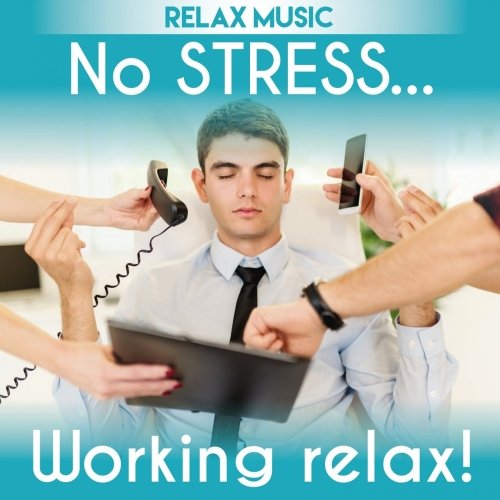Artist:
Alex Hitchcock, James Copus, Kit Downes, Lewis Wright, Conor Chaplin, Marc Michel, Liselotte Östblom, Mark Kavuma, Rob Luft, Rio Kai, Jamie Murray, Alexandra Ridout, Ant Law, Orlando Le Fleming, James Maddren
Title:
Dream Band: Live in London
Year Of Release:
2023
Label:
Whirlwind Recordings
Genre:
Jazz, Contemporary Jazz
Quality:
FLAC (tracks) [96kHz/24bit]
Total Time: 2:31:49
Total Size: 2.93 GB / 966 MB
WebSite:
Album Preview
Tracklist:1. Abaqua (feat James Copus/Kit Downes/Lewis Wright/Conor Chaplin/Marc Michel) (12:50)
2. Verglas (feat Liselotte Ostblom/Mark Kavuma/Rob Luft/Rio Kai/Jamie Murray) (08:40)
3. Oblique (feat Alex Ridout/Kit Downes/Ant Law/Orlando Le Fleming/James Maddren) (09:05)
4. Cakeism (Intro) (feat Alex Ridout/Kit Downes/Ant Law/Orlando Le Fleming/James Maddren) (02:47)
5. Cakeism (Main) (feat Alex Ridout/Kit Downes/Ant Law/Orlando Le Fleming/James Maddren) (08:22)
6. Cakeism (feat Alex Ridout/Kit Downes/Ant Law/Orlando Le Fleming/James Maddren - Bonus Track) (09:59)
7. Momentum (feat James Copus/Kit Downes/Lewis Wright/Conor Chaplin/Marc Michel) (09:41)
8. Grace (Intro) (feat Liselotte Ostblom/Mark Kavuma/Rob Luft/Rio Kai/Jamie Murray) (01:33)
9. Grace, Pt. 1 (feat Liselotte Ostblom/Mark Kavuma/Rob Luft/Rio Kai/Jamie Murray) (03:46)
10. Grace, Pt. 2 (feat Liselotte Ostblom/Mark Kavuma/Rob Luft/Rio Kai/Jamie Murray) (05:40)
11. Cat Circles (feat James Copus/Kit Downes/Lewis Wright/Conor Chaplin/Marc Michel) (07:33)
12. Red (Intro) (feat James Copus/Kit Downes/Lewis Wright/Conor Chaplin/Marc Michel) (01:50)
13. Red (feat James Copus/Kit Downes/Lewis Wright/Conor Chaplin/Marc Michel) (09:06)
14. North Field (feat Alex Ridout/Kit Downes/Ant Law/Orlando Le Fleming/James Maddren - Bonus Track) (10:06)
15. Rio (feat Liselotte Ostblom/Mark Kavuma/Rob Luft/Rio Kai/Jamie Murray) (09:42)
16. Brocken (Intro) (feat James Copus/Kit Downes/Lewis Wright/Conor Chaplin/Marc Michel) (03:10)
17. Brocken (feat James Copus/Kit Downes/Lewis Wright/Conor Chaplin/Marc Michel) (09:11)
18. Lift (feat Alex Ridout/Kit Downes/Ant Law/Orlando Le Fleming/James Maddren) (08:02)
19. Sach (feat Liselotte Ostblom/Mark Kavuma/Rob Luft/Rio Kai/Jamie Murray) (08:12)
20. Differentials (feat Alex Ridout/Kit Downes/Ant Law/Orlando Le Fleming/James Maddren - Bonus Track) (12:25)
Concert recordings have long been important in the history of jazz because they often capture something previously unheard. The stage can conjure an energy that is not found in the most adequate of studios. An audience, with its focus and engagement, is part of the performance, especially if it is positioned at close quarters to the players.
Alex Hitchcock’s Dream Band: Live in London is a document of three concerts at London’s Vortex club that broke down barriers. The packed house became intimately small.
I attended the final night of the run and was immediately struck by the layout of the ensemble. Usually, the musicians would be stationed at the back of the venue in front of rows of seats reaching the bar. But the players were almost in the round, standing in a semi-circle that span out from the wall, so that the punters were practically next to them, training eyes on each gesture as well as locking ears into sounds that were composed and improvised. Hitchcock’s 2021 CD Dream Band would have drawn many to the gigs but if that release earned the British saxophonist good press then he upped the ante on stage. The set had both depth of ambition and strength of execution.
Hitchcock’s group featured drummer James Maddren, bassist Orlando Le Fleming, guitarist Ant Law, trumpeter Alexandra Ridout and pianist Kit Downes, and they negotiated intricately mapped but emotionally charged material with enough verve to bring the audience with them for every lengthy piece on which they embarked. The songs bore similar hallmarks to the repertoire on the aforementioned cd and showed that Hitchcock, a soloist capable of striking a balance between flourish and restraint, had plotted his own course through the many methodologies available to the contemporary jazz musician. His writing has harmonic beauty and rhythmic agility, and mistily evocative, ethereal ambiances that draw a line from Wayne Shorter to Mark Turner via Jim Hall and Pat Metheny. Echoes of many points in the past are heard in an artful present. Traditions are astutely channeled into something modern.
Yet listening to the wealth of material collated from all the Vortex gigs it is clear that Hitchcock conceived of shifting sands on his musical landscape. The changes of personnel decisively reshape each performance. While one might lend an ear to the contrast between two forward thinkers on guitar, Rob Luft and Ant Law, it is impossible not to notice how the presence of vocalist Liselotte Östblom or vibraphonist Lewis Wright takes the music into exciting new areas, such is the distinctive tonal and textural range they provide. Furthermore, the instrumentation chosen by Hitchcock reflects an interesting take on what might be termed ‘small group’ vocabulary. His use of saxophone and trumpet evokes countless quintets reaching right back to post-war bebop and beyond, but Hitchcock does not always place the reed and brass as a ‘frontline’ ahead of the rhythm section, and certainly Östblom plays the part of another wordless horn on occasion. Yet on ’Grace’ she breaks the cycle of instrumental music with thought-provoking lyrics while Luft’s synthesizer-like guitar, manipulated gently yet decisively so as to evoke a distant rippling stream, takes the sound into the open air right behind closed doors.
At times the dream bands produce dreamscapes. Tempos are often low, themes are legato, and a slow burn of tension is felt, as the players hover on the pulse of a song, finding subtle points of emphasis before a decisive change in chords or meter. Yet the finesse of the ensemble sound does not preclude that life-enhancing tremor of energy known as funk. A heavy crash of kick and snare also puts parts of the performance in line with a generation of improvisers who are plugged into the engine of dance music.
Over the three concerts there is a continuity that emerges, in spite of the changes of personnel. In addition to the aforementioned players, the likes of Mark Kavuma, Rio Kai, Jamie Murray, James Copus, Conor Chaplin and Marc Michel represent a broad spectrum of talent that serves Hitchcock’s music well. Then again so does the composer himself, and it is very telling that on several tunes he stands as much as a bandmember as he does the bandleader. He does not improvise all the time, which is a significant sign of trust in the material and those who are tasked to bring it to life.
In a bygone era a residency at a given venue could last months, giving creative artists a chance to ‘stretch out.’ Playing three consecutive nights is a far tighter scenario yet the intent and purpose of Alex Hitchcock’s Vortex run nonetheless had a notable sense of adventure. Here was a wealth of unheard music performed by players known and unknown, who, between them, contained a number of bandleaders and composers in their own right that have a breadth of musical experience. The heritage of the players was English, Irish, African, Caribbean and European, so to a large extent they embody something quintessentially British, a broad cultural canvas that can be traced back to the ‘50s heyday of Jamaicans, Canadians, Indians and English coming together through jazz. Maybe Dream Band: Live in London is a snapshot of who we are, for real.
From liner notes by Kevin Le Gendre
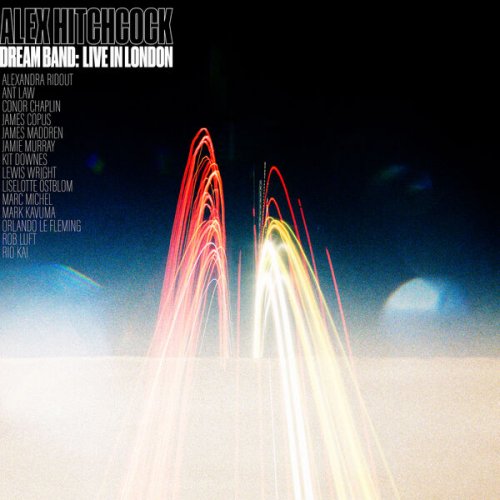

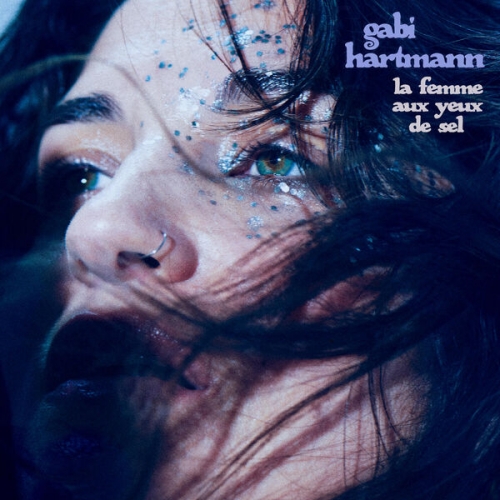
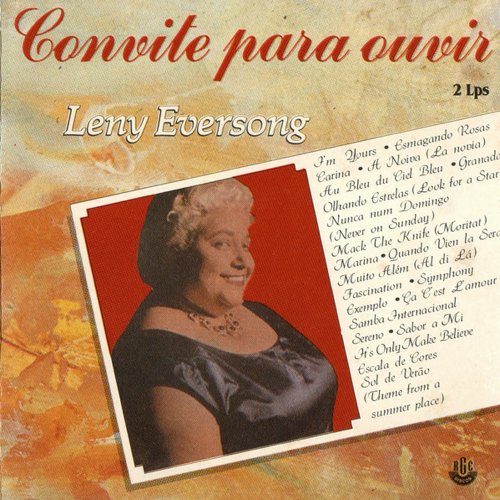
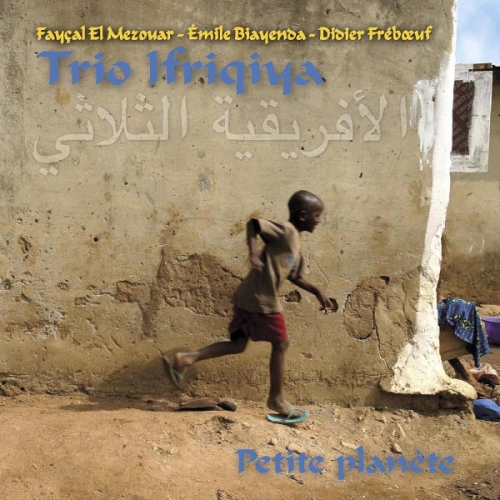
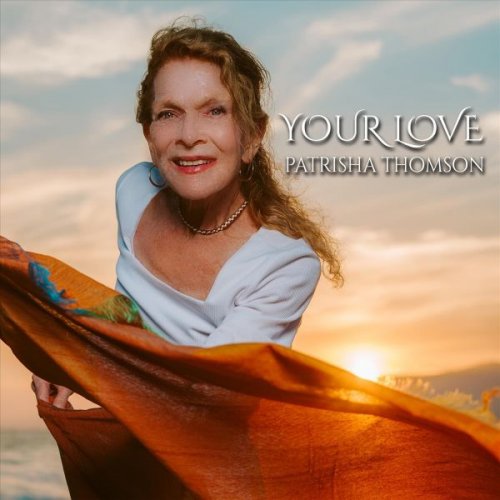
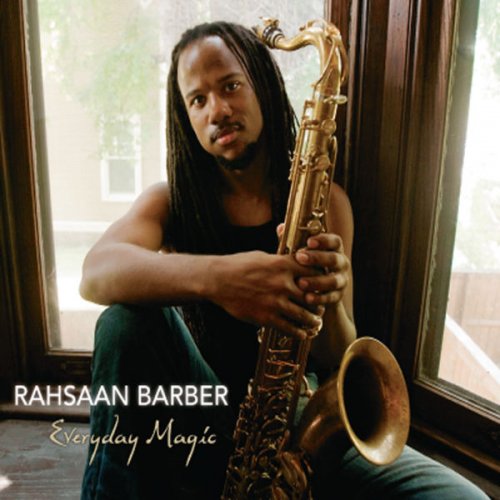
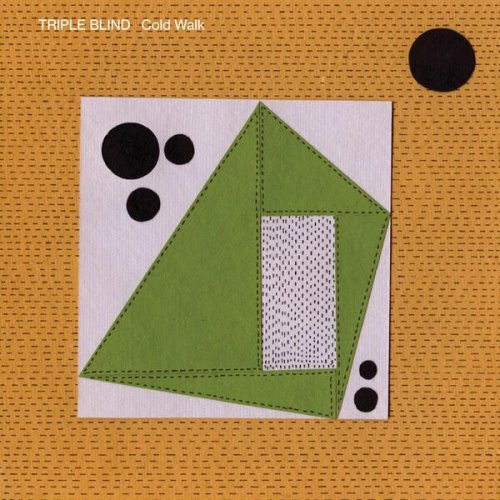
![Booker Stardrum - Close-up On The Outside (2026) [Hi-Res] Booker Stardrum - Close-up On The Outside (2026) [Hi-Res]](https://img.israbox.com/img/2026-02/26/hpg09p4i0w4yrzyjek6j087fv.jpg)
